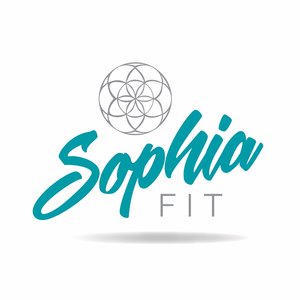Did you know that by weight, adult bodies are made up of between 50-65% water with the brain and heart comprised of approximately 73% water, and the lungs 83% water. 64% of the skin is water, muscles and kidneys are at roughly 79% and surprisingly even our adult bones are around 31%!! Need I say more?
Hydration is probably the most underestimated nutrient when it comes to weight loss! Drinking plenty of water really is one of the easiest steps you can take to set yourself up for a healthier body and mind!!
The thing about hydration is, you don’t need to wait until you are thirsty! You should be aiming to drink water consistently throughout the day. The amount you should consume depends on a number of factors, such as your body type, your activity levels and the climate but as a general rule I recommend drinking between 2 - 4 litres a day! Yes I know that sounds like a lot but trust me it is doable! Ensure you always carry a water bottle with you and if you find water boring, add some flavour by adding lemon or berries to your water! And trust me in now time you will be easily smashing 3 litres a day!
The benefits you will reap from increasing your daily intake of water will surprise you!
Improves Digestive Function
Water plays a big role in your body’s removal of waste through the digestive tract and your digestive tract needs water to function properly! Therefore, if your body isn’t receive a sufficient amount of water it can lead to chronic constipation!
Helps with Mid-Day Fatigue
Fatigue and tiredness is a common effect from dehydration and to make things worse most people reach for a caffeinated drink such as coffee which yes will keep you awake but as it’s a mild diuretic this will remove water from your body making the situation worse!
Mood Enhancer
Surprising but very true! Dehydration affects your overall mood as when your body is thirty it is in a state of shortage and won’t run effectively therefore making you crankier and moodier! Hydration = positive vibes!
I could go on for days about all the benefits but hopefully the ones above give you a little insight into how amazing water really is! If you are looking for more tips and information about water, click here to purchase a copy of My Nutrition Ebook where I give you a detailed rundown on everything water related!
References: https://water.usgs.gov/edu/propertyyou.html








